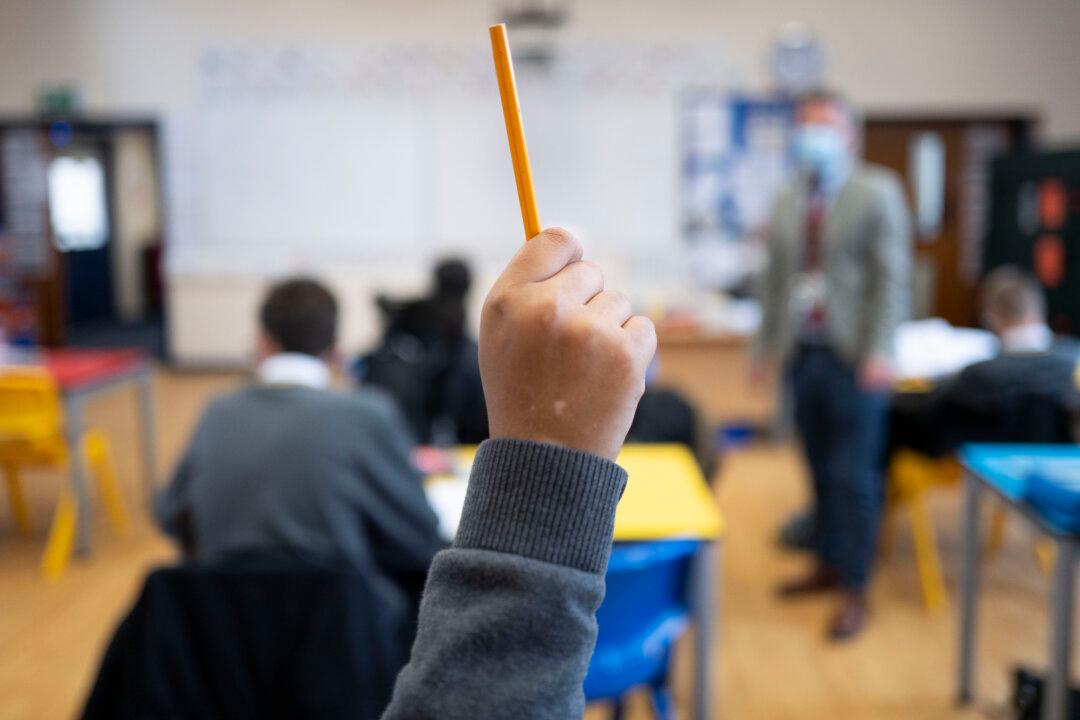A social mobility report has revealed that children of Chinese background perform significantly better than their White British peers across various aspects of education and career prospects.
The Social Mobility Commission (SMC) published the observation in the annual State of the Nation report (pdf). The commission looked at the differences between how well children of different ethnic backgrounds do in school and further down in life in terms of their careers.





